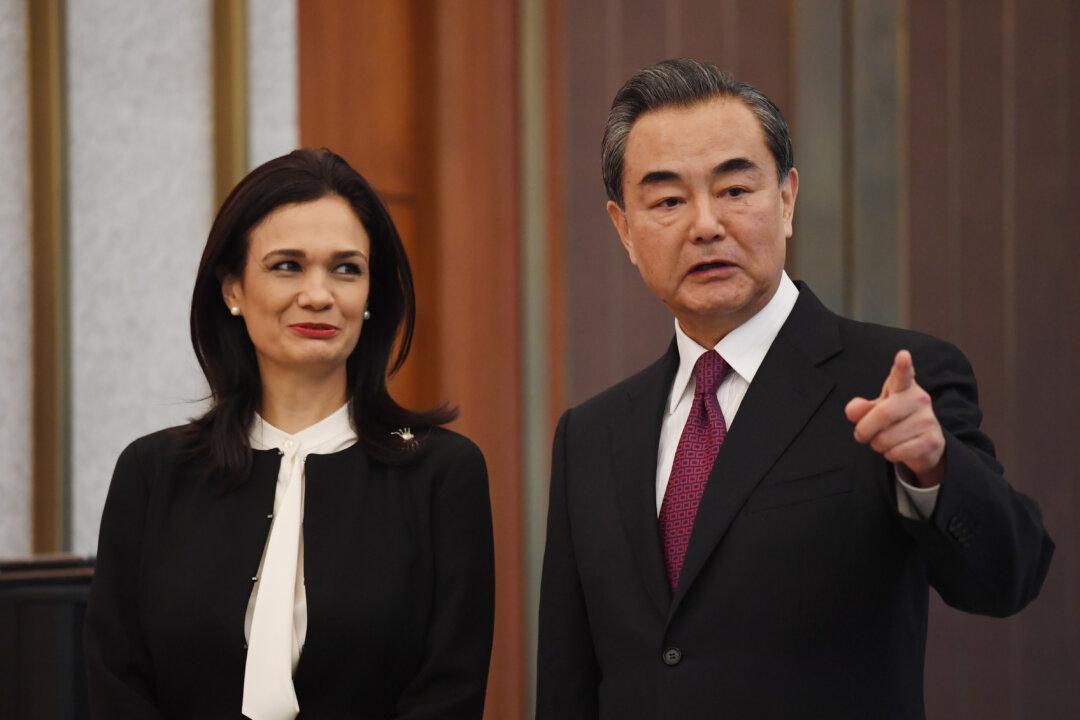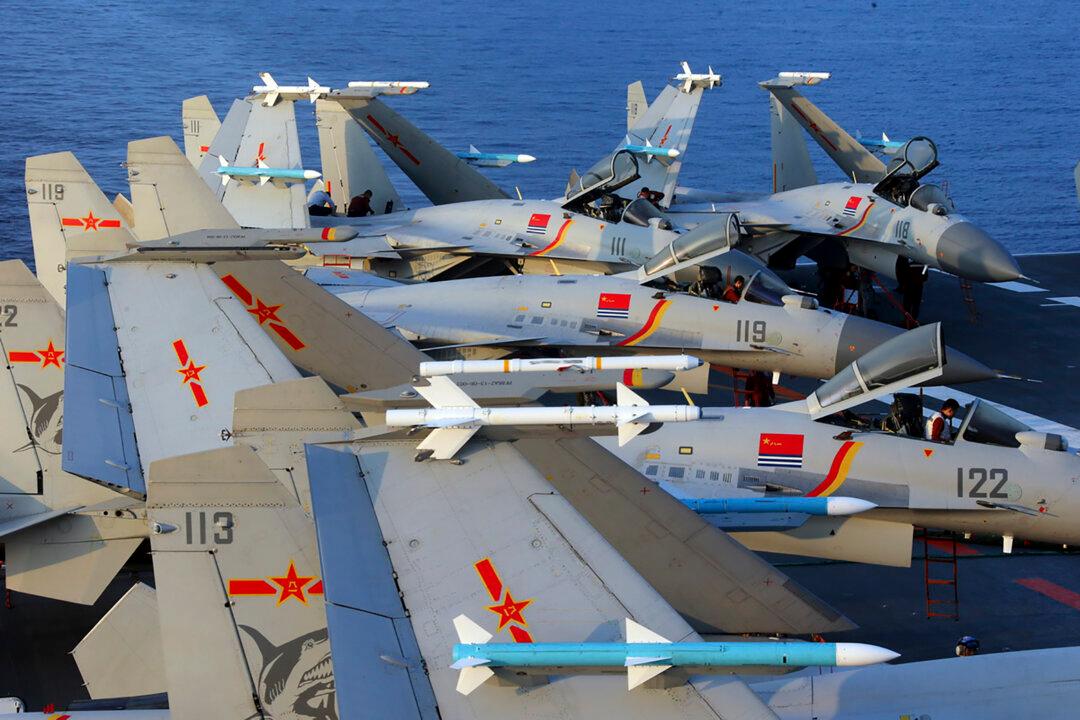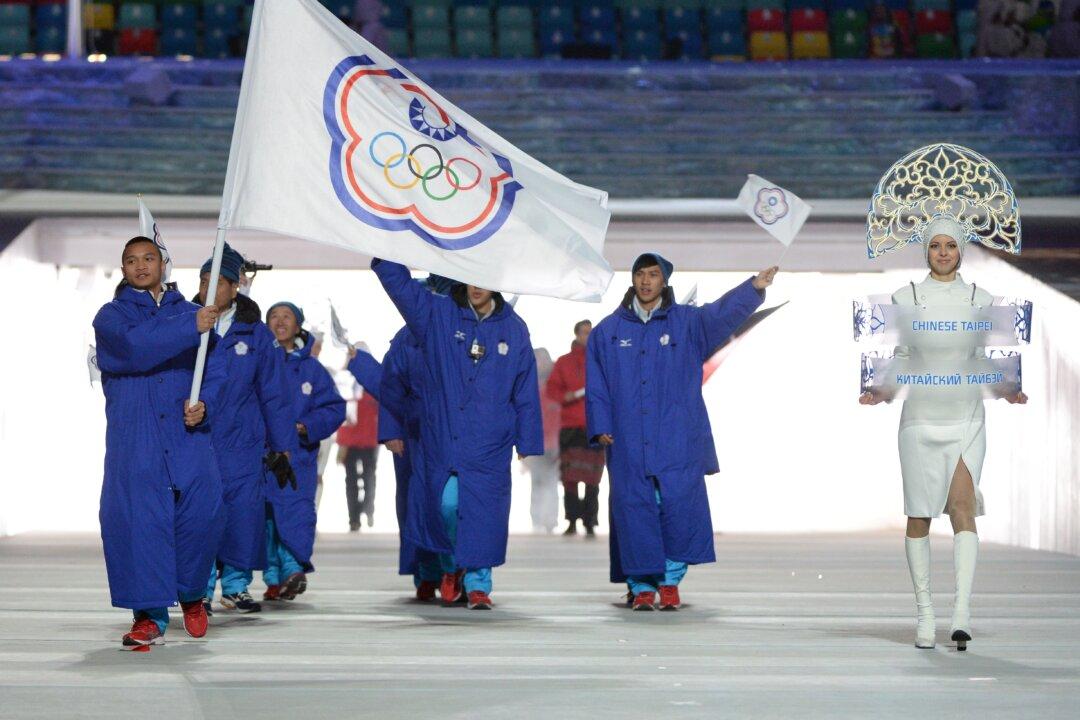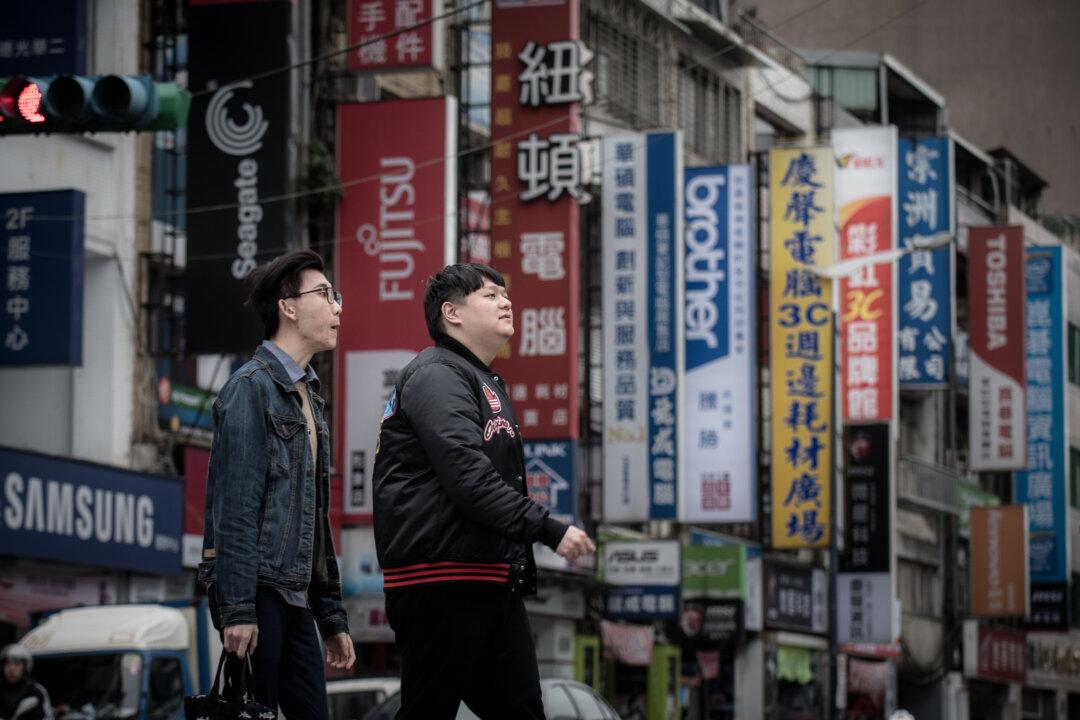After Panama cut diplomatic ties with Taiwan and switched recognition to the Beijing regime in China, Taiwan’s government and public vowed to defy China’s latest encroachment. Experts say that the development is likely to fuel Taiwan’s resilience and determination to resist the coercive Beijing regime.
On June 12, President of Panama Juan Carlos Varela declared in a televised address that Panama is cutting its long-standing relations with the Republic of China in Taiwan and is establishing relationships with the People’s Republic of China.
Despite not being formally recognized by the majority of countries in the world and being excluded from the United Nations, Taiwan maintains official diplomatic relations with a limited number of countries that recognize Taiwan instead of China. With the departure of Panama, now only 20 countries remain on the list.
China’s communist party regime considers Taiwan a part of its territory and insists on a “one-China policy” that precludes any international space for Taiwan. It has been constantly putting pressure on Taiwan’s remaining diplomatic allies. Just last year, the African island nation of Sao Tome and Principe also cut diplomatic ties with Taiwan and switched recognition to China.
Taiwan’s predicament is exacerbated by the fact that its archaic constitutional framework also upholds its own version of the “one-China policy,” which insists the Republic of China is the sole legitimate government of China. As a result, all other nations are forced to choose between recognizing Taiwan’s “Republic of China” or the bigger, more powerful People’s Republic of China. So far no nation has ever formally recognized Taiwan and China simultaneously.
Taiwan’s President Tsai Ing-wen only just paid a visit to Panama in June on her first overseas trip since coming into office last year. Up until recently, Panamanian officials have repeatedly reassured Taiwanese diplomats that the country is committed to its relationship with Taiwan and will not kowtow to Beijing.
While it is not publicly known what Beijing offered Panama to finally lure it away from Taiwan, Chinese companies have been investing heavily in Panama’s canal projects.
Russell Hsiao, Executive Director of the Washington D.C. based think tank Global Taiwan Institute, said that Panama’s switching diplomatic relations is yet another proof that Beijing is escalating its coercive campaign against the democratic island nation.
“It was only a matter of time before Beijing pulled the trigger, despite the Tsai administration’s pledge to maintain the ’status quo' in cross-Strait relations,” said Russell Hsiao.
According to Russell Hsiao, Beijing’s actions will likely be counter-productive and fuel greater public angst and animosity towards the PRC.
The news of Panama’s break away has indeed provoked outrage in Taiwan, with many politicians and commentators expressing anger and resentment toward China. Taiwan’s President Tsai also issued a statement condemning China’s maneuver and vows that Taiwan will not succumb to “threats and intimidation.”
“[Taiwan’s] sovereignty cannot be challenged nor traded. China has continued to manipulate the ”one China“ principle and pressure Taiwan’s international space, threatening the rights of the Taiwanese people.” President Tsai’s statement said.




